Nearly three-quarters of UK consumers are struggling to purchase basic grocery items such as tinned food and toilet roll as shoppers increase stockpiling.
Data from Retail Economics and law firm Squire Patton Boggs showed that 72% of consumers surveyed had experienced difficulties purchasing desired products due to insufficient stock and panic buying.
This comes after more than a quarter of consumers reported to have begun stockpiling retail goods because of a fear of future shortages as grocers continue to deal with the ongoing impact of coronavirus on supply chains.
As has been borne out in statements from numerous supermarket chains across the UK, the research found popular goods currently being stockpiled include: tinned food, pasta, toilet roll, frozen food and over-the-counter medicines.
The research also looked into consumer reaction if the virus was to persist. It found that 49% of consumers would avoid shopping destinations entirely, up from 25% at the beginning of March.
Nearly two-thirds of consumers also said they would look to shop more online, up from less than half at the beginning of the month.
People are also looking to cut back on spending on discretionary goods and are focusing instead on essentials – with shoppers citing clothing, leisure and travel as the main areas they were cutting back on.
This behaviour is being driven by the increased threat that many consumers feel the virus presents to themselves and their loved ones. Almost two-thirds of people surveyed said they felt the virus presents a “high level of threat” to health in the UK, compared to just 36% two weeks ago.
Retail Economics chief executive Richard Lim said: “The pace of change over the past two weeks has been staggering. We’re in completely unchartered territory, living through a period of unprecedented uncertainty, accompanied by a heightened degree of fear.
“People’s perception is their reality and images of empty supermarket shelves is fuelling one in four to stockpile essentials, leaving many others unable to find the products they need.”
Lim said the virus would also likely push many high street retailers, already struggling with rising costs and changing consumer behaviours, to the brink.
“The coronavirus is having huge implications for the high street, with the proportion of people avoiding shopping destinations more than trebling since we last did the survey two weeks ago. This will hit city centre footfall the hardest and will inevitably leave many retailers in a precarious situation,” he added.


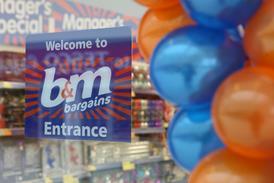
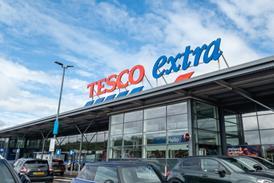



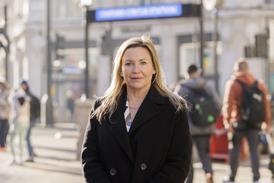

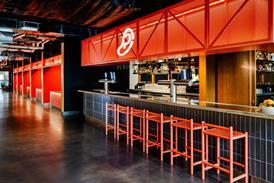





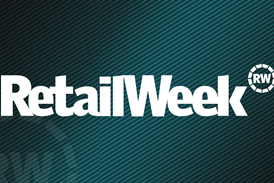


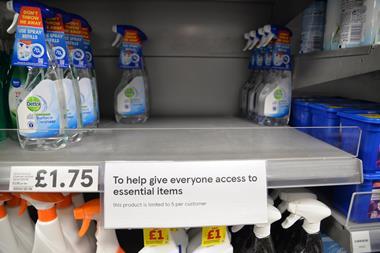
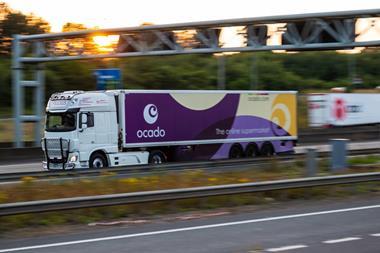
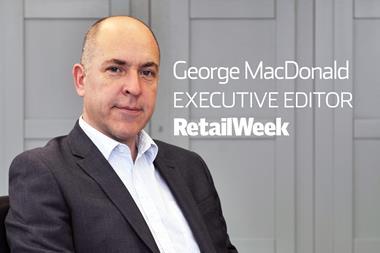
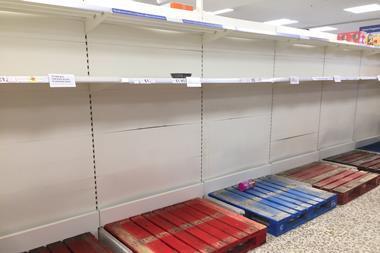

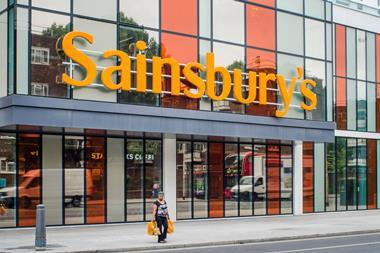
No comments yet